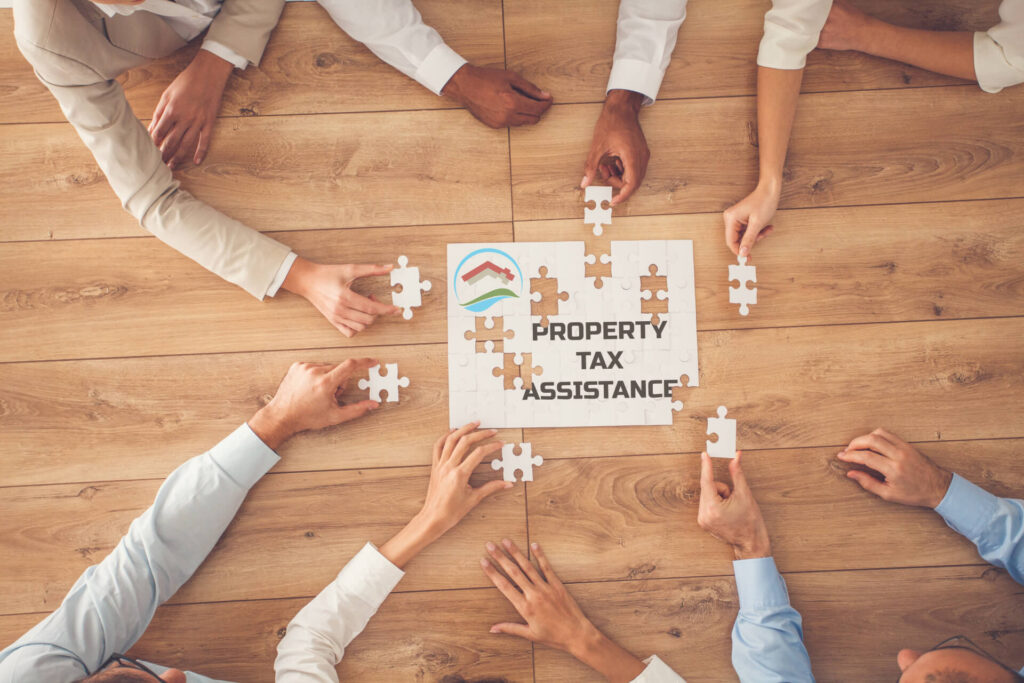Last Updated on January 7, 2025
If you’re considering buying a rental property in Ireland, it’s important to understand how the mortgage you choose will affect your buy-to-let property tax bill.
A buy-to-let mortgage is a type of mortgage taken by a person who purchases a property, not as a place to live, but rather as an investment.
Buy-to-let mortgages are different from ordinary residential mortgages because the amount you borrow does not depend on how much you earn.
The arrangement fees on buy-to-let mortgages may be more expensive and the interest rates tend to be higher as well.
In this guide, you will learn the basics of how buy-to-let mortgages work and how you can save money on property tax in Ireland.
- In this article:
- How do buy-to-let mortgages work?
- What is buy-to-let mortgage interest tax relief?
- What is income tax?
- Which expenses can you deduct from your rental income to reduce your taxable base?
- What is Capital Gains Tax?
- Will buying a buy-to-let property in a foreign country impact my income taxes?
- Who can help me avoid overpaying property tax?
How do buy-to-let mortgages work?
Most people take out an interest-only mortgage. This means that they pay the interest on the loan – usually, from the rent they collect – and none of the capital.
The full amount of the mortgage is paid at the end of an agreed term (for example, after you sell the property).
Buy-to-let mortgages are more expensive than typical mortgages and require larger deposits of between 25% and 40%.
A mortgage lender will take several factors into account when working out how much you can borrow, including estimating how much rent you will be able to charge for the property.
The rent that you charge should be at least 25% higher than your monthly mortgage payments.
The lender will also want to ensure that you can afford the repayments, should the interest payment of your mortgage rise.
You need to be confident that your rental income will be enough to cover both your mortgage repayments and your expenses (such as landlord insurance and management fees). You must also keep in mind that there may be periods when the property is empty and you are not earning rental income.
Keep in mind that there is a tax relief on buy-to-let mortgages, that you can use to lower your income tax bill.

What is buy-to-let mortgage interest tax relief?
Buy-to-let tax relief permits property owners to offset mortgage interest payments against their tax bill (in other words – to avail of buy-to-let mortgage tax relief).
Depending on the current regulations in your country, you should typically be able to deduct mortgage interest and other allowable costs from your rental income, before calculating your tax liability.
For example, if you have an Irish mortgage and you pay €5,000 interest for the year, you should be able to deduct this amount from your rental income.
If your rental income is €20,000, your taxable base will be lowered by €5,000, to €15,000.
Meanwhile, if your property is located in the UK, you should know that the situation there changed in 2020.
UK Homeowners in higher tax brackets pay a percentage of their total rental income in tax. In other words, they must pay tax on rental income on the sum before eligible expenses are factored in.
Case Study
Emma has a buy-to-let mortgage on her property that she lets out at £1,100 per month in Braintree. The mortgage is £500 each month or £6,000 per year.
From 6 April 2020, Emma will have to declare that £1,100 as income, or £13,200 per year. Emma earns £45,000 in her job and she is in the higher rate band of tax. For Emma, £8,200 will be taxed at 40% (£3,280) and the first £5,000 will be taxed at 20% – £1000 = £4,280.
The new system from 2020 in the UK returns a tax credit of 20% on the total mortgage interest paid or 20% from 6000 – £1,200.
Once Emma’s tax and mortgage are accounted for, and the credit is applied, her profit for the year will be – (£13,200 – £6,000 – £4,280 + £1,200=) £4,120 for the year.
Read more:
Your guide to buying and selling property in Ireland
What is rental income tax?
If you earn profit from rent, you are required to pay Irish rental income tax. This should be declared for the tax year it was earned on your tax return for landlords.
There are certain allowable expenses, for example, property maintenance, Council Tax, letting agent fees, etc.

Which expenses can you deduct from your rental income to reduce your taxable base?
Note: Depending on the country you are filing a return in and your circumstances, the expenses you can claim will differ. To ensure you are claiming all available expenses for your property, speak to our property tax advisors.
You can use almost every cost related to the rental of your property to reduce your taxable base or even declare a loss:
- Repair (but only those which restore the property to its previous condition, rather than general improvements)
- Management and facility charges
- Furniture bought for the property
- Insurance
- Gas safety checks, energy performance certificates, and deposit protection fees
- Letting agent fees
- Cleaning, gardening bills, or utility paid by you
- Accountancy fees (you cannot claim them in Spain)
- Council tax
- Legal advice and more.
Keep in mind that you have to hold on to all receipts for six years.
Claiming tax relief on a buy-to-let mortgage is much easier with the help of the proper tax professional by your side. Also, you can avoid the stress of dealing with all the paperwork, specific details, and filing before the tax deadline.
Capital Gains Tax
A buy-to-let property is not exempt from Capital Gains Tax. This tax is due when you sell the property and you make a profit. Capital Gains Tax is depending on your tax bracket.
Will buying a buy-to-let property in a foreign country impact my income taxes?
The country and the local municipality where you are buying the property may impose a myriad of taxes, including Irish property tax, stamp taxes, and recording taxes.
Keep in mind that although you may be a non-resident, you may still have a tax liability in the country where you own the rental property. We know that dealing with the tax laws of a foreign country can be quite stressful and overwhelming.
At Property Tax International (PTI Returns) we have a team of tax experts who specialize in international property tax returns and ancillary services for overseas property investors.
Why PTI Returns?
- We specialise in property tax
- 20+ years of experience preparing both domestic and international tax returns for property owners
- Multilingual support via phone and email
- We offer a comprehensive worldwide tax return service ensuring our clients are compliant in each relevant tax jurisdiction
- Our team of property tax experts can answer any of your international property tax-related questions
- We filed over 322,000 tax returns last year

- You may also be interested in:

